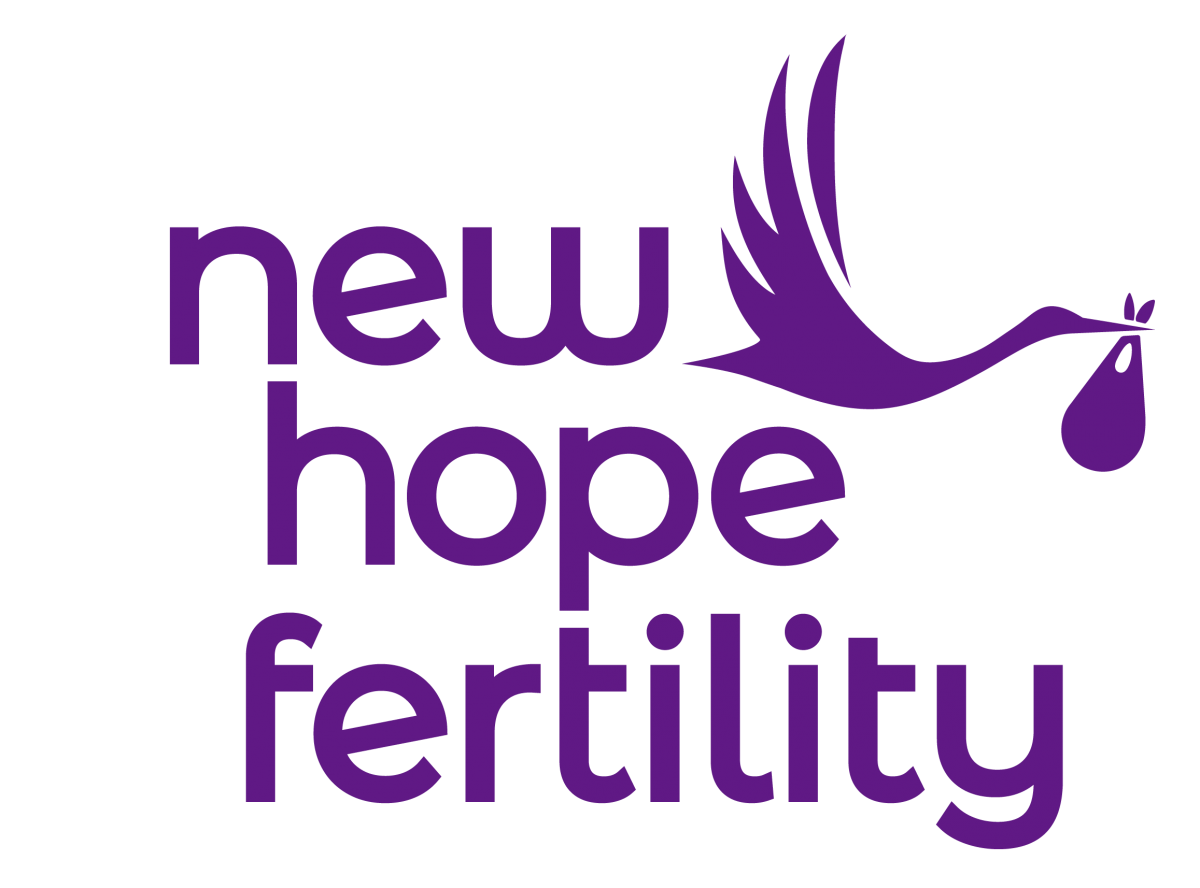National Endometriosis Awareness Month is a public service movement to increase the general public’s knowledge about a leading cause of female infertility.
About 1 in 10 women worldwide suffer from infertility caused by endometriosis. This disease of the reproductive system disturbs a woman’s quality of life due to its painful infertility symptoms.
Endometriosis is a disease where the tissue that lines the inside of the uterus is found outside of the uterus. The disease usually targets the ovaries, fallopian tubes, and other internal organs.
How is Endometriosis Diagnosed?:
Most women with endometriosis have no physical symptoms, and usually go undiagnosed or are misdiagnosed for years until natural conception becomes impossible. Unfortunately, most women and teenage girls believe the myth that painful periods and heavy bleeding symptoms are normal and, therefore, they do not seek medical attention until they cannot get pregnant.
Symptoms of Endometriosis:
Infertility is a classic and devastating symptom of endometriosis. Other symptoms are:
- Pain in the lower abdomen and/or lower back that can radiate to the legs
- Pain before and during periods
- Mid-cycle pain as a woman’s monthly egg ruptures through the ovary (ovulation pain)
- Lengthy and heavily bleeding periods, with or without clots
- Irregular periods with spotting before a period begins
- Fatigue and/or depression
- Suppressed immune system
How Does Endometriosis Affect Fertility?:
Endometriosis affects a woman’s reproductive and surrounding organs when uterine lining (endometrium) grows outside of the uterus and into other areas of her body such as:
- Ovaries
- Abdominal cavity and pelvis
- Fallopian tubes and surrounding ligaments
This errant tissue is generated by hormones creating endometrial cells. This disease causes adhesions (scar tissue), lesions, and blood-filled cysts. Endometrial cells appearing in abnormal locations caused endometriosis.
When these errant endometrial cells grow and then slough off, there is no escape outlet from the body, and internal bleeding may lead to:
- Pelvic pain
- Inflammation
- Formation of scar tissue
Women with endometriosis are three to four times less likely to be infertile. Endometriosis causes infertility in the following ways:
- Anatomical pelvic/tubal adhesions – tubal infertility
- Diminished ovarian reserve – reduced egg supply
- Toxic pelvic peritoneal factors – toxic pelvic environment
- Autoimmune implantation dysfunction – embryo implantation failure
Treatment for Endometriosis:
The suspicion of endometriosis usually begins based on a woman’s symptoms and is followed up with blood and ultrasound testing to detect ovarian cysts. Laparoscopy is the definitive method of accurate endometriosis and determining its severity.
Endometriosis is usually treated by prescribing anti-hormonal drugs to block estrogen production and shrink lesions. When medication fails, lesions can be removed through laparoscopic surgery.
Need Help Treating Endometriosis?:
If you are suffering from infertility due to a history of endometriosis, New Hope’s Mini IVF or Minimal Stimulation IVF can increase your chances of pregnancy without the need for large doses of costly fertility medications used to produce an excessive number of eggs. The goal with Mini IVF is to produce between 3 to 5 quality eggs per fresh cycle. The pregnancy success rates with Mini IVF are comparable with those of Conventional IVF.
Here at New Hope Fertility Center, our fertility specialists are experts in diagnosing and treating endometriosis. It is important to work with a fertility care team that believes in customized fertility treatment. Our world-renowned fertility specialists believe that individuals are different, which means their fertility treatment should be different. If you have endometriosis and are considering pregnancy, schedule a consultation with one of our fertility specialists today!

